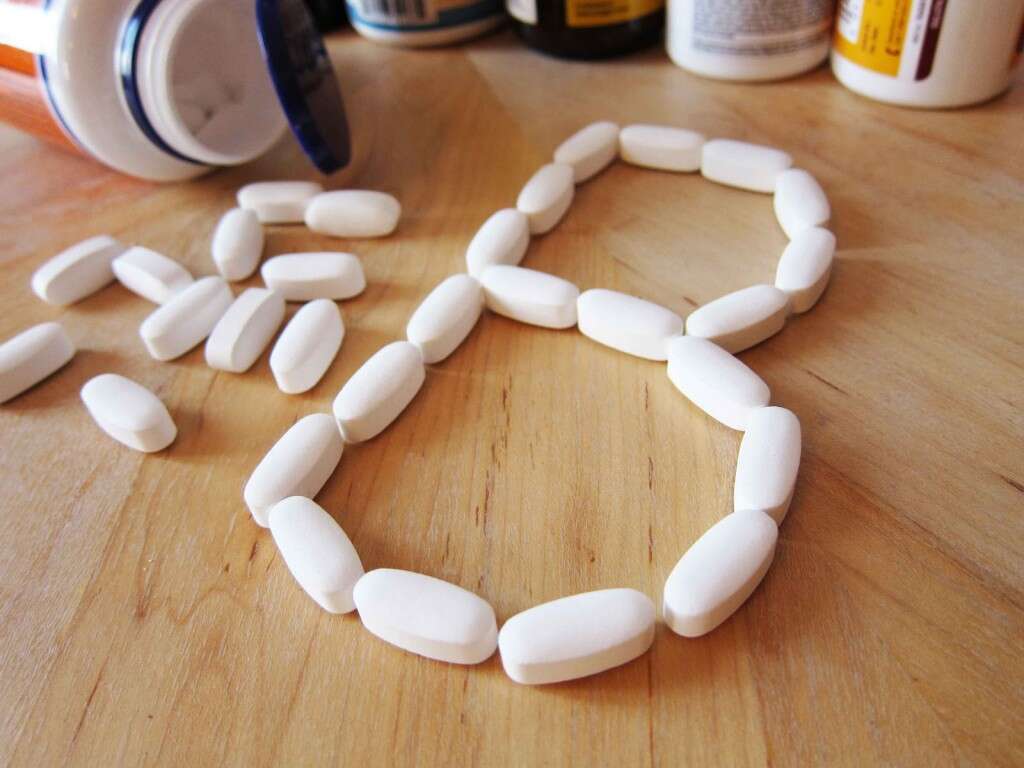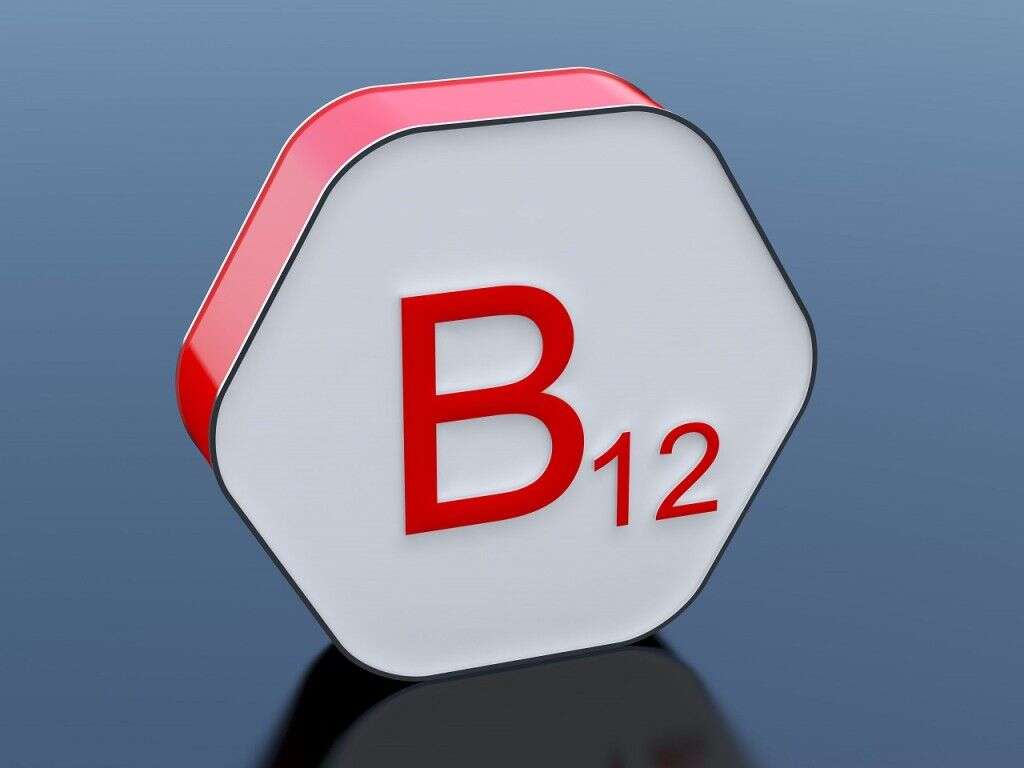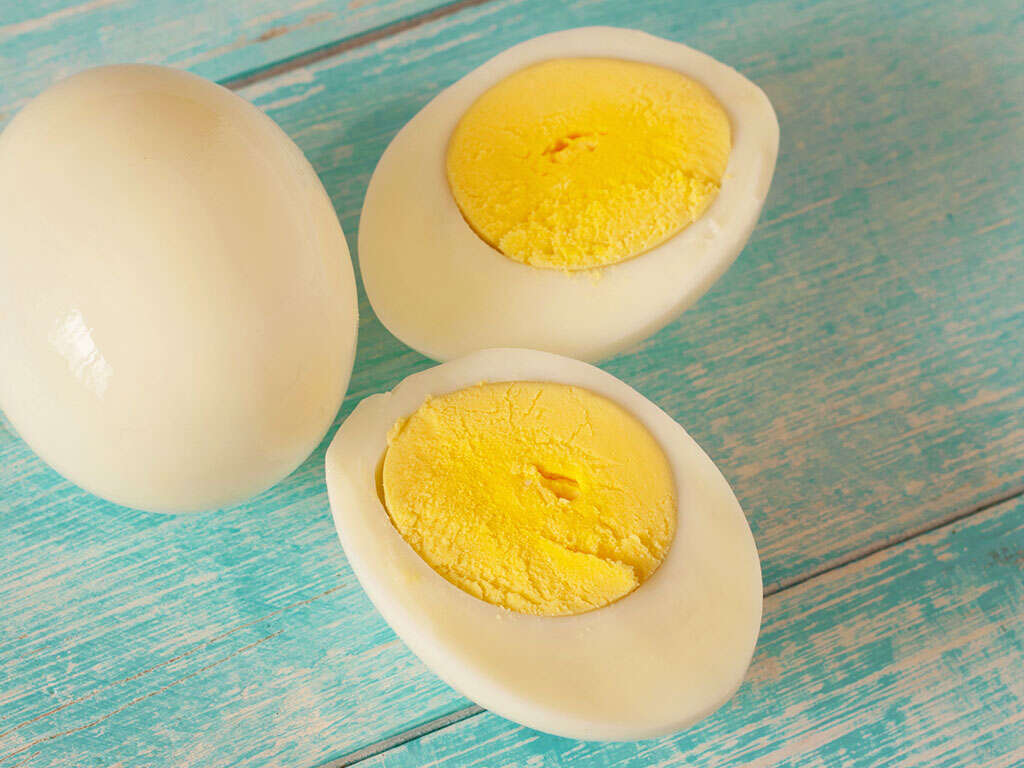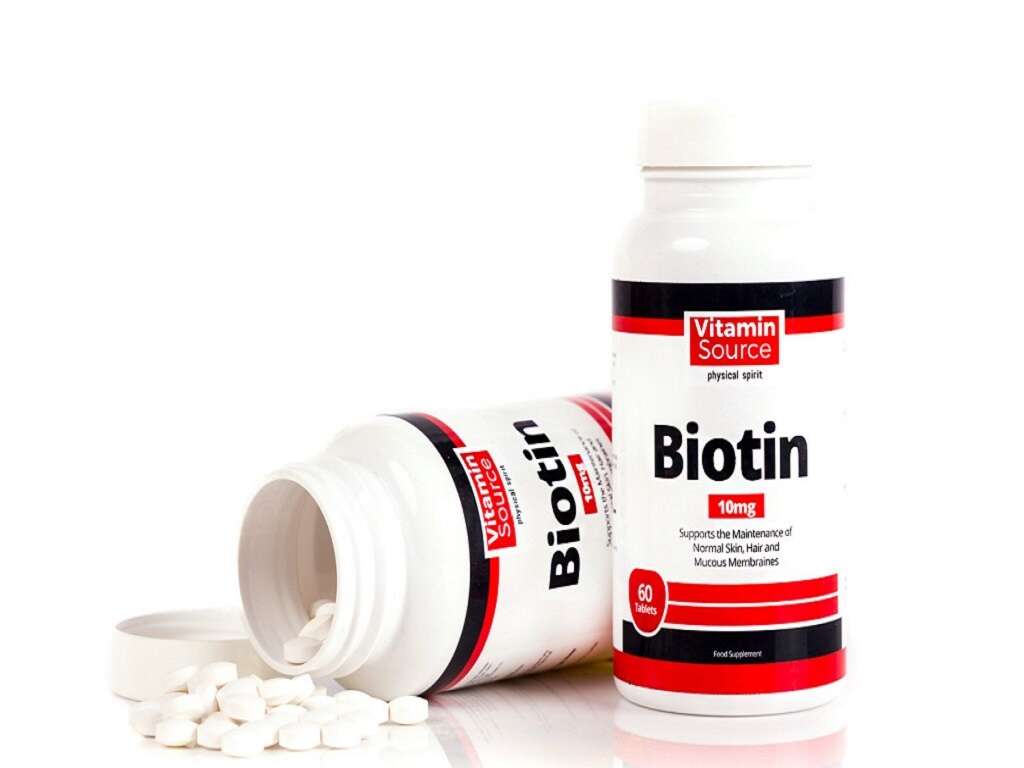10 Benefits of Inositol
Inositol is a vitamin compound, known as vitamin B8 and is considered to be part of the B complex vitamins. Our body can make inositol on its own, therefore it is not considered a true vitamin, but a “pseudo-vitamin.” Some people produce less inositol in their bodies due to health conditions, therefore it can be very beneficial to supplement with it through powder form or natural form. Inositol is found in fruits, nuts, grains and green leafy vegetables. Research suggests that we typically get 1 gram of inositol per day through our diets. Benefits of inositol supplementation can be seen in taking up to 18g per day.
Inositol works closely with neurotransmitters in the brain and is commonly associated with neural functions. It also influences insulin, which therefore effects several other hormones in the body through a cascade effect.

Inositol Benefit #1: Anxiety Disorders
Inositol regulates levels of hormones in the brain, such as serotonin and dopamine, resulting in better control of stress and anxiety levels. It has shown to eliminate symptoms of depression and improve mood. Some studies have shown improvements in people suffering from panic attacks and obsessive compulsive disorder. The studies suggest that people with anxiety and compulsive disorders have lower levels of inositol in their brains.
Although more research is necessary, inositol may have the potential to be an alternative treatment for mental health conditions with fewer side effects. Inositol is also very promising for bipolar disorder, anxiety, obsession, eating disorders, hostility, sadness and fatigue.

Inositol Benefit #2: Polycystic
Polycystic ovary syndrome is a condition in which a woman has hormonal imbalances, leading to ovarian cysts and irregular menstrual cycles. There are many symptoms of PCOS, as it is a syndrome and many women suffer from different symptoms. Some include weight gain, high blood sugar, insulin resistance, facial hair, cystic acne and ovarian cysts. Inositol has been studied on women with PCOS and has shown that it may improve symptoms of PCOS, particularly insulin function.
One study showed improvement in insulin function, which has a cascade effect on the body’s hormonal function. Research has shown that inositol has improved ovulation in women with fertility issues by up to 62%.

Inositol Benefit #3: Metabolic Syndrome
Inositol has also shown to decrease the chances for chronic disease such as heart disease and type 2 diabetes. Metabolic syndrome is comprised of many precursors to chronic diseases. Some conditions of metabolic syndrome include excess fat around the stomach, high triglycerides, low HDL cholesterol and high blood sugar and blood pressure.
One study showed that 2 grams of inositol taken twice daily reduced symptoms of metabolic disease significantly. Some of the symptoms that were significantly improved included blood sugar and blood pressure levels. By the end of the study, around 20% of women no longer fell into the category of metabolic disease.

Inositol Benefit #4: Depression
In one study, depressive symptoms in patients were associated with reduced levels of inositol, which is a finding that is consistent with other studies on patients with depression. The study shows that low levels of inositol may be a biomarker for depression. Supplementing with inositol significantly improves symptoms of depression. The inositol dosage varies widely depending on the needs of the individual. It is best to start with doses of 14-18 grams daily.
Inositol also converts into two neurotransmitter chemicals that regulate serotonin levels. Studies show that it increases GABA-A receptor function and enhances serotonin receptor sensitivity, working similar to common antidepressants. Consumption of caffeine will actually decrease inositol levels and have a negative effect on symptoms such as depression.

Inositol Benefit #5: OCD
Inositol has had promising studies on its benefits with obsessive compulsive disorder (OCD). OCD is a type of anxiety disorder that manifests as unwanted and recurrent thoughts and behaviors. One study found that inositol was able to reduce symptoms of OCD significantly as well as the usually prescribed medication. Inositol had no side effects on patients with this condition.
When measured with the Yale-Brown Obsessive Compulsive Scale, inositol was able to reduce OCD symptoms by 50%. Patients who do not see significant improvements while using serotonin reuptake inhibitors (SSRIs), usually also do not see significant improvements while using inositol.

Inositol Benefit #6: Premenstrual Dysphoric Disorder
Premenstrual dysphoric disorder (PMDD) is a condition in which women experience severe symptoms of depression, irritability, tension and pain during their menstrual cycles. Some women who suffer from PMDD experience symptoms that can disrupt their social and occupational life. It is a more severe case of PMS.
Studies suggest that inositol can help treat women with PMDD. Over a period of 6 months, women who experienced PMDD took 12 grams of inositol each day as supplementation. They experienced significantly reduced symptoms of dysphoria and depression. The study was able to clearly demonstrate the effectiveness of myo-inositol on patients with PMDD.

Inositol Benefit #7: Panic Attacks
One study compared the effects of inositol to fluvoxamine, a common antidepressant used to treat panic disorders. There were twenty patients in the study and each of them had panic attacks consistently. They took 18 g of inositol every day for one month, and then took 150 mg of fluvoxamine for another month.
The study showed that inositol decreased the number of weekly panic attacks by four, while the fluvoxamine only reduced the panic attacks by two. Inositol did not show to have any side effects, while the other antidepressant caused patients to feel nauseous or lethargic. Another study on twenty participants with panic disorders who took 12 g of inositol daily for a month showed significantly reduced frequency of panic attacks and hardly any side effects.

Inositol Benefit #8: Binge Eating Disorder
Binge eating disorder is a condition in which a person may restrict themselves from eating for a period of time, followed by a binge eating episode to compensate for the restrictive behavior. There has been research that shows that inositol supplementation can help with treating binge eating disorder and bulimia nervosa, which is the result of purging after the binge.
One study showed that people who took 18 grams of inositol daily for six weeks had a reduction in symptoms of binge eating when compared with the placebo. It also contributed to reducing symptoms of depression and anxiety, which are commonly associated with binge eating disorder.

Inositol Benefit #9: Lithium Induced Psoriasis
Lithium carbonate is widely used for long-term treatment for those with bipolar disorder, but it comes with a price, which is exacerbated psoriasis. It can become a major problem for patients who take lithium as treatment. Inositol in the body is depleted by the lithium taken by those with bipolar disorder, however inositol supplementation has shown to improve symptoms of psoriasis.
One study showed that fifteen patients who had psoriasis took lithium to treat bipolar disorder. The effect of inositol supplementation on their psoriasis was evaluated. The inositol was significantly beneficial for the patients. This study concluded that the use of inositol was worth considering for people with psoriasis who need to continue to take lithium for bipolar disorders.

Inositol Benefit #10: Gestational Diabetes
Pregnant women with high blood sugar during pregnancy have gestational diabetes. Some factors that make women at increased risk include PCOS, type 2 diabetes, obesity, excessive weight gain during pregnancy, and already having given birth to a baby over 9 pounds. Women are typically advised to change their diet or they may need to take blood sugar medication.
Inositol reduces the risk of gestational diabetes. One study showed women who were overweight and pregnant took inositol powder throughout their pregnancy and had 67% lower risk of gestational diabetes than those who did not. Other studies showed how inositol reduced the risk of gestational diabetes in women with PCOS and in women who had a family history of type 2 diabetes.












